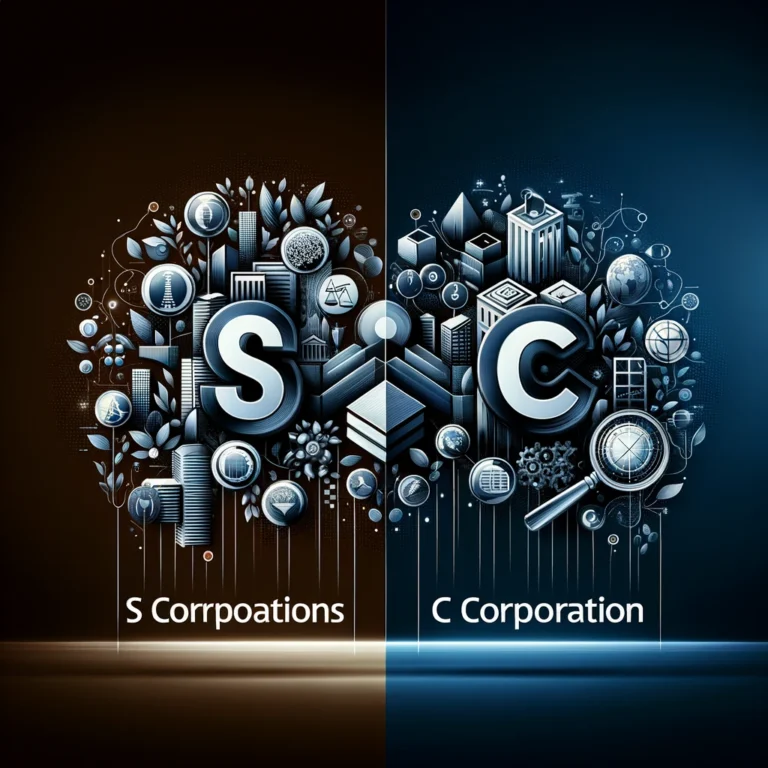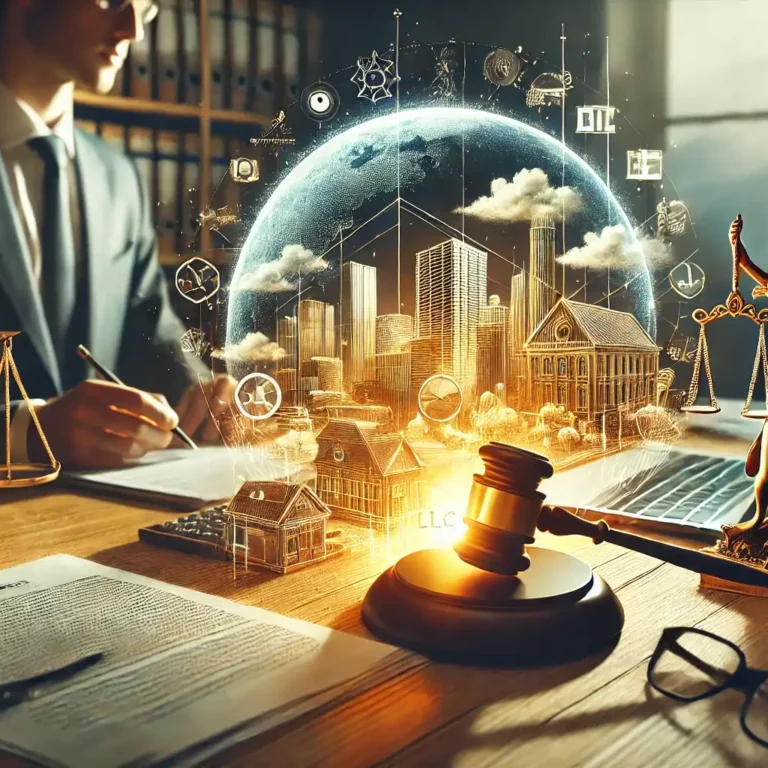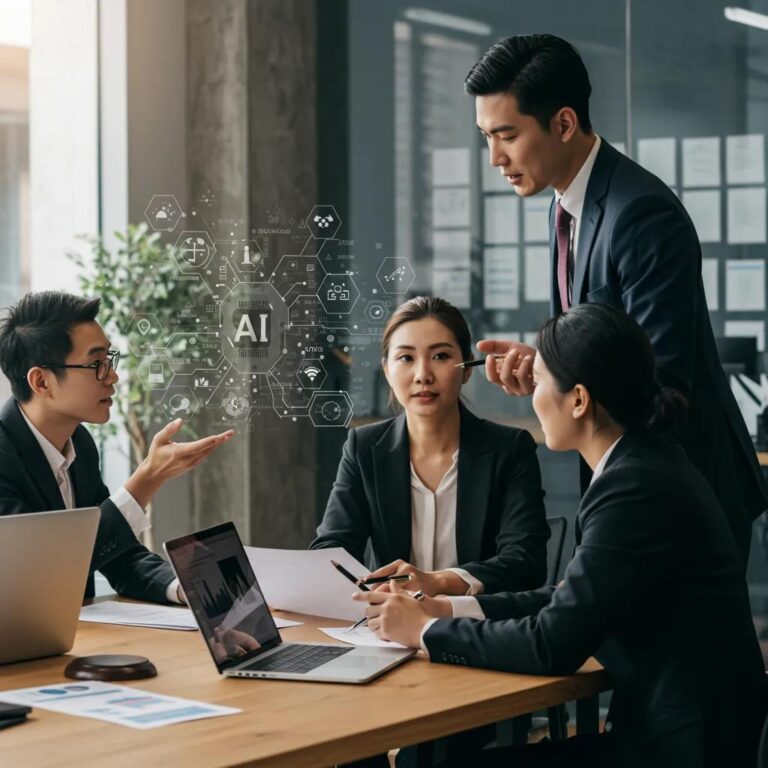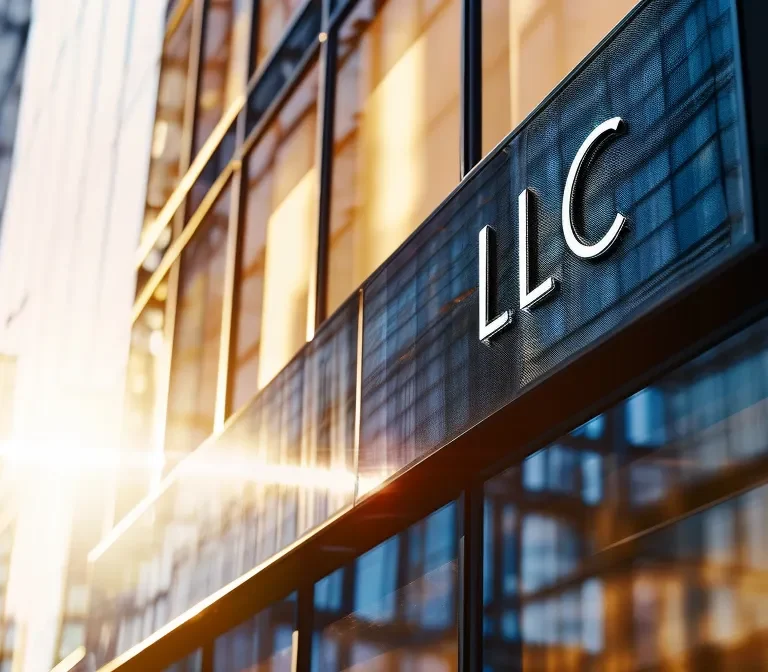What is a Decentralized Autonomous Organization (DAO)? Understanding Blockchain Governance
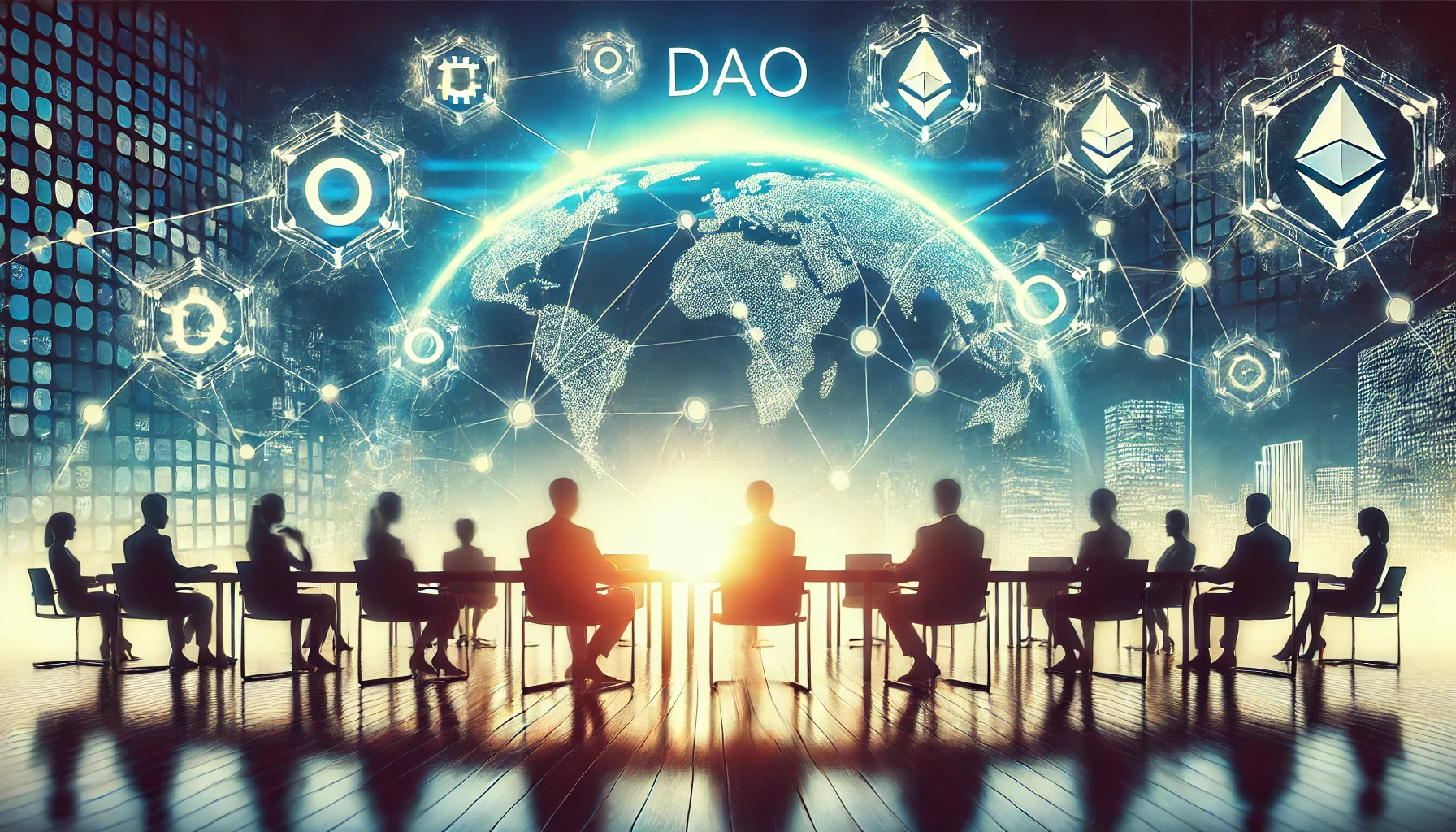
What is a Decentralized Autonomous Organization (DAO)?
The concept of a Decentralized Autonomous Organization, or DAO, is becoming increasingly significant in the world of blockchain and cryptocurrency. But what exactly is a DAO? How does it differ from traditional organizations, and what are the advantages and challenges associated with this new form of governance? In this article, we will explore these questions and provide a detailed understanding of DAOs, their structure, and their implications for the future of business and governance.
1. Definition and Structure of a DAO
What is a DAO?
A Decentralized Autonomous Organization (DAO) is an organization represented by rules encoded as a computer program, known as a smart contract, that is controlled by the organization’s members and not by a central authority. Unlike traditional organizations, DAOs operate on blockchain technology, where the rules and transactions are transparent, and the governance process is executed through decentralized mechanisms.
How is a DAO Structured?
DAOs are typically built on blockchain platforms, such as Ethereum, where the organization’s rules are embedded in code. These rules define how the DAO operates, including how decisions are made and how funds are managed. Members of the DAO typically hold tokens that represent voting power, allowing them to participate in the decision-making process. This structure eliminates the need for intermediaries and central leadership, promoting a more democratic and transparent form of governance.
2. How DAOs Operate
Governance Through Smart Contracts:
Smart contracts are self-executing contracts with the terms of the agreement directly written into code. In a DAO, smart contracts automate and enforce the rules and decisions made by the organization’s members. For example, if a proposal to allocate funds for a project is approved by the majority of token holders, the smart contract automatically executes the transfer of funds without the need for human intervention.
Voting Mechanisms:
Members of a DAO vote on proposals that determine the organization’s actions. Each token holder’s voting power is usually proportional to the number of tokens they hold. This decentralized voting system allows for collective decision-making, where all members have a say in the direction of the organization. Voting can cover a wide range of decisions, from operational changes to the distribution of resources.
Funding and Treasury Management:
DAOs typically have a treasury that is funded through token sales, contributions from members, or other means. The management of these funds is governed by the rules encoded in smart contracts, and any expenditure must be approved by the members. This system ensures that the organization’s resources are used according to the collective will of its members, with full transparency and accountability.
3. Advantages of DAOs
Transparency:
One of the most significant advantages of a DAO is its transparency. Because all transactions and decisions are recorded on the blockchain, they are visible to all members and the public. This transparency reduces the risk of corruption, fraud, and mismanagement.
Decentralization:
DAOs operate without a central authority, which means that no single entity has control over the organization. This decentralization distributes power among all members, promoting fairness and reducing the risk of centralized corruption.
Global Participation:
DAOs are not limited by geographic boundaries. Anyone with internet access and the required tokens can participate in a DAO, enabling global collaboration and inclusivity. This global reach can attract a diverse range of participants, bringing different perspectives and expertise to the organization.
Autonomy and Efficiency:
By automating processes through smart contracts, DAOs can operate more efficiently than traditional organizations. Decisions are executed automatically once approved, reducing the need for intermediaries and minimizing delays. This autonomy allows DAOs to respond quickly to opportunities and challenges.
4. Challenges and Risks of DAOs
Legal Uncertainty:
DAOs operate in a relatively new and evolving legal environment. The lack of clear regulations can create uncertainty regarding the legal status of DAOs, the rights of their members, and the enforcement of contracts. This legal ambiguity poses risks for participants and may deter some from engaging with DAOs.
Security Vulnerabilities:
Smart contracts, like any software, are susceptible to bugs and vulnerabilities. If a smart contract is not properly coded, it could be exploited by malicious actors, leading to significant financial losses. The infamous DAO hack of 2016, where a vulnerability was exploited to drain funds from the DAO’s treasury, highlights the importance of rigorous security measures.
Governance Challenges:
While decentralized governance is a strength, it can also be a challenge. Reaching consensus among a large and diverse group of members can be difficult, leading to decision-making paralysis or the dominance of larger token holders. Additionally, the anonymity of participants can complicate trust and accountability within the organization.
5. The Future of DAOs
Innovations and Growth:
As blockchain technology continues to evolve, so too will DAOs. Innovations in governance models, security, and legal frameworks are expected to address some of the current challenges and expand the use of DAOs across various sectors. DAOs could revolutionize industries by enabling new forms of collaboration, investment, and community-driven projects.
Potential Applications:
The potential applications of DAOs are vast, ranging from decentralized finance (DeFi) platforms and investment funds to social networks and charitable organizations. As more people become familiar with the benefits of DAOs, we can expect to see them play a significant role in the future of business, governance, and social organization.
Conclusion
Decentralized Autonomous Organizations (DAOs) represent a groundbreaking shift in how organizations can be structured and governed. By leveraging blockchain technology and smart contracts, DAOs offer a transparent, decentralized, and efficient way to manage resources and make decisions. However, they also come with challenges, including legal uncertainties and security risks, that must be carefully managed. As the technology matures, DAOs are likely to play an increasingly important role in the global economy, providing new opportunities for innovation and collaboration.
Here is the featured image for this article.

